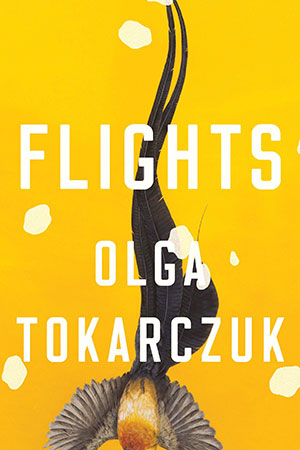


Her meditations are the meat of this book, focusing on her discomfort with travel, how all people on journeys become strangers in strange lands. Croft a decade later, the Man Booker International Prize. This woman’s voice is ever-present in Flights, which won Tokarczuk the first of her two Nike Prizes after its publication in 2007 and, in its crisp English translation by Jennifer L. Like these people, the accumulation of fragments in Flights invites new perspectives and startling revelations. If anything, they’re like people in transit, abstractions shot through with alarmingly distinctive features, demanding to be recognized in order to exist: the woman walking through the airport in rainboots, the child clutching a stuffed iguana on the bus. These pieces build to something off the radar, a far cry from novels or short story collections in the conventional sense. They show up all of a sudden in the arrivals terminal and start to exist when the immigrations officers stamp their passport, or when the polite receptionist at whatever hotel hands over their key.” The woman speaking, perpetually traveling, is one of many voices animating the one hundred sixteen parts of Olga Tokarczuk’s Flights. I think there are a lot of people like me. “Whenever I set off on any sort of journey I fall off the radar.


 0 kommentar(er)
0 kommentar(er)
